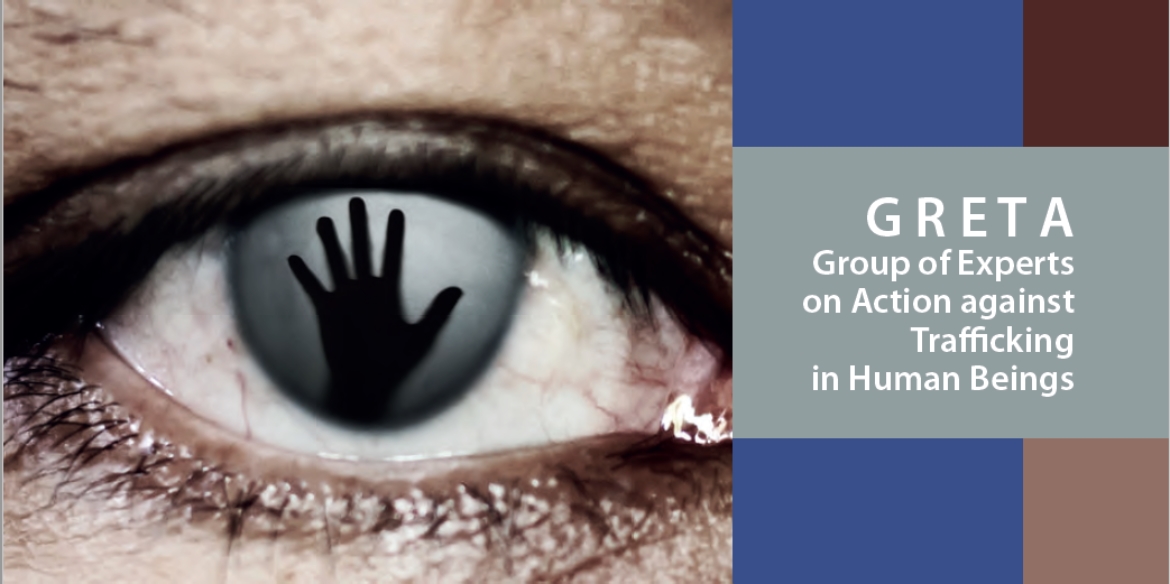
NGOCSTIP – GRETA’s 2024 Review begins with a direct appeal to European nations and their political leaders. The Council of Europe’s expert group on action against trafficking in human beings does not merely highlight incremental progress. Instead, it presents a sobering reality. Although 13 countries were praised for improvements, many others continue to demonstrate a lack of urgency in addressing deep-rooted challenges.
While the global landscape becomes increasingly fragile due to war, displacement, and inflation, traffickers are exploiting the system’s blind spots. Refugees, undocumented migrants, and economically distressed populations face elevated risk. These vulnerabilities are no longer hypothetical. They have become entry points for traffickers who adapt quickly. The review urges stronger commitment across all governance levels, emphasizing that fragmented or delayed responses only help criminal networks thrive. The responsibility does not rest with border forces or NGOs alone but must be matched by a unified political will with long-term planning and resource backing.
Despite well-structured conventions and strategies on paper, the application of anti-trafficking policies remains inconsistent. GRETA’s 14th General Report highlights that implementation varies greatly across the 46 Council of Europe member states. Some nations have operational referral systems and specialized shelters that work well. Others still rely heavily on underfunded civil society organizations to fill systemic gaps. The disparity means that a trafficking victim’s access to justice or protection may depend entirely on geography. Even within nations showing progress, rural regions often lag behind cities in victim identification and survivor support. This situation reflects not just a resource issue but also a governance challenge. National action plans, although mandated, are frequently outdated or underfunded. Local authorities are often unaware of updated protocols or tools. GRETA urges states to align their national responses to a common standard, warning that a patchwork approach undermines collective progress and leaves many victims overlooked.
“Read about: Major Human Trafficking Ring Busted in Nagpur Spa Raid”
GRETA’s 2024 Review highlights the rapid evolution of trafficking in the digital sphere as one of the most pressing threats. Traffickers use the internet not only to communicate but also to operate anonymously and reach across borders. They recruit, coerce, and advertise victims through online platforms at speeds that outpace law enforcement response. GRETA’s 2024 Review states that most laws and technologies fail to match the pace of these developments.
Although social media companies implement safety protocols, they often enforce them inconsistently. Many authorities still lack digital forensic skills and access to real-time monitoring tools. Countries have started improving data-sharing practices, but trust issues and bureaucracy continue to slow cooperation. GRETA’s 2024 Review urges all governments to strengthen cybersecurity infrastructure, deploy AI-driven tracking systems, and expand training for police and investigators. Leaders must stop treating trafficking as only a physical crime and start confronting it as a digital crisis shaped by 21st-century tools.
“Read more: E coli Outbreak in Northern France Claims Life of 12-Year-Old Girl”
In several member states, authorities still treat victims as criminal suspects rather than recognizing them as individuals who need protection. GRETA expresses serious concerns about how officials handle trafficked persons, especially in detention centers and during deportation processes. Many frontline responders delay identification or completely overlook it. Some systems even punish victims for actions they committed under coercion, such as crossing borders without documents or engaging in sex work. GRETA urges governments to adopt a fundamentally different perspective. Institutions must stop criminalizing survivors and start prioritizing their rights, safety, and access to justice.
Human trafficking is not simply about border control or illegal migration. It is a profound human rights violation. GRETA urges countries to implement trauma-informed care, legal aid, and long-term rehabilitation strategies. Several best practices are highlighted, such as mobile outreach units, multilingual hotlines, and survivor-led advocacy. These models prove effective but remain rare. Unless systems prioritize survivors, trust will erode, and victims will be less likely to come forward. Ending trafficking requires more than enforcement. It demands empathy and structured support.
GRETA’s review shows that isolated efforts cannot dismantle the complex networks behind modern human trafficking. Governments must ensure that institutions across health, education, social services, and justice work in close coordination. Many countries still assign anti-trafficking policies to only one ministry or agency, which creates fragmented strategies and limits overall impact. By contrast, multilateral approaches involving the EU, Interpol, and civil society demonstrate stronger resilience and better outcomes. Countries need to standardize cross-border cooperation for data-sharing and prosecution. GRETA calls on regional bodies to build platforms that promote best practices and activate emergency response protocols. Traffickers take advantage of weak institutional coordination and gaps in legal systems. Policymakers must design strategies that connect all sectors with a shared framework. International donors and partner states should increase their technical and financial support to help under-resourced countries strengthen their response. When institutions move together with shared goals and tools, they can block and dismantle trafficking networks more effectively.